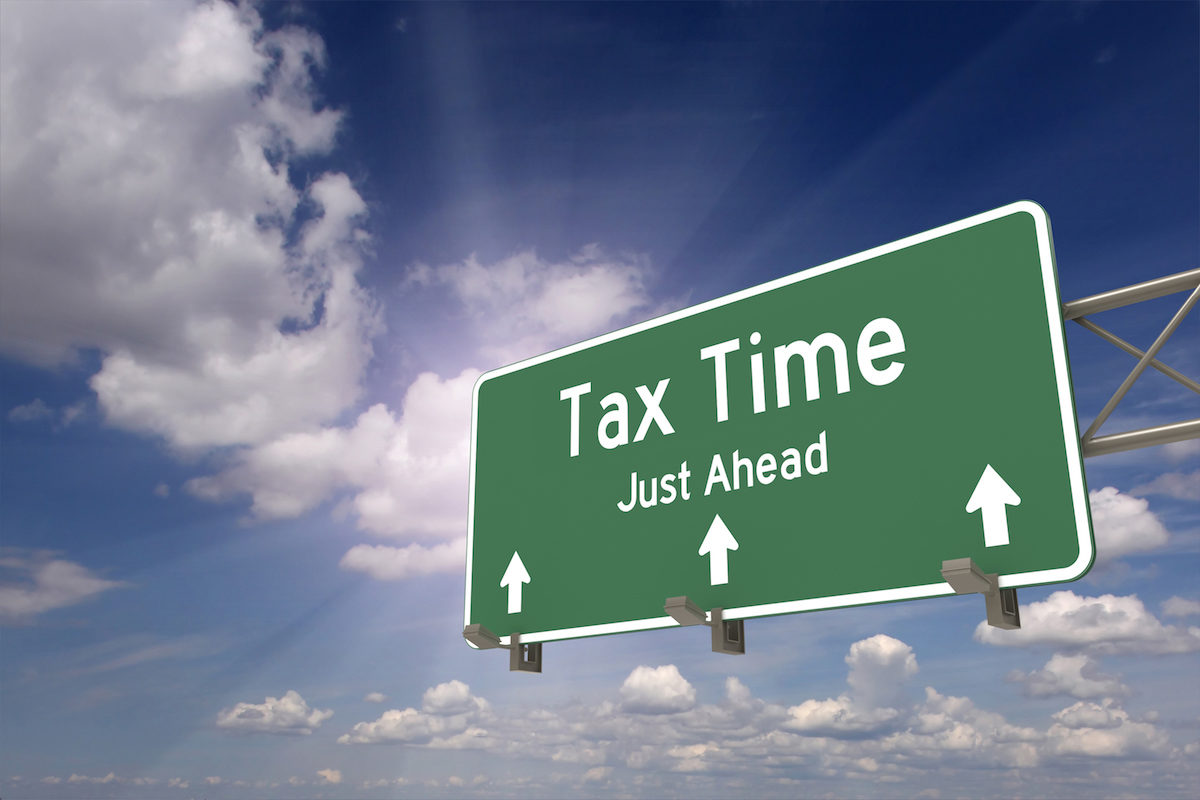Tax time is fast approaching and for some of you this might be the last thing on your mind. There might be other things that are more important for you to get through this uncertainty. However, now is the best time to get your tax affair in order and avoid last minute planning that can cost you.
As you have spent more time working from home during the lockdown period, it might be a good idea to put together all the information you need to prepare your returns as it will take some time especially if you have not organised them as you go. You can collect all your receipts or invoices for work related expenses and any credit card statements for invoices that you no longer had and discuss with your tax agent to ensure you are maximising your claims.
If you have been working from home as a result of COVID-19, the Australian Taxation Office has introduced special arrangements which will allow people to claim 80 cents per hour for all their running expenses, rather than needing to calculate costs for specific running expenses. You will need to keep a record of the number of hours you have worked from home. This will apply from March 1 to June 30, after which the ATO will review the arrangement for the next financial year.
If you choose to use the 80 cents per hour for all your running expenses, you can’t make other claims in relation to working from home because items such as mobile phone and internet are included in the 80 cent rate.
You still had the option to use the old claiming method which is known as the 52 cents per work hour method for claiming items such as heating, cooling, lighting, cleaning and the decline in value of office furniture. You need to keep a diary of when your start and finish work each day. This old method also allowed you to calculate the work-related portion of phone and internet expenses, computer consumables, stationery and the decline in value of a computer, laptop or similar device. Nevertheless, you would still require to work out what private use and work use is on ‘a reasonable basis”
You can claim tools or equipment as a deduction in your tax return if you have to use them as part of your job and your employer didn’t reimburse you. You can claim a deduction straight away if the tools or equipment are $300 or less otherwise you will need to depreciate over the life of the item. On the other hand, if you run your own business and acquired all your capital items from 12 March 2020 and the cost of all of them less than $150,000, you can claim a deduction straight away. The capital items included work related IT equipment, cars and tools. Please note that you will still require to apportion the cost if you use them for private use.
As we are approaching the end of financial year, we still have plenty of time to generate some extra common tax deductions if you made the payment by 30 June:
- Donation to a charity registered as a deductible gift recipient over $2 with a receipt are tax deductible
- A personal contribution into your super fund including the contribution made on your behalf by your employer which are less than $25,000 can be claim as a tax deduction providing the payment made by 30 June. You need to advise your super fund by completing the relevant form or speak to your accountant for guidance.
- You need to pay by 30 June your professional membership or subscriptions and union fees to claim the deduction this year
Remember that good record keeping including invoices and receipts will ensure the finalisation of your tax return easier and you can claim for everything you’re eligible to.
If you know anyone in your circle who need any assistance during tax time, please reach out to them because “We can’t help everyone, but everyone can help someone” and “Together We Can Make A Difference”
Pitt Martin Accountants & Tax Advisers is here to assist you and your business in time of crisis by contacting 02 9221 3345 or connect@pittmartingroup.com.au.

Experienced Tax Accountant and Business Advisor with a demonstrated history of working in the accounting industry. Skilled in Tax, Accounting, Business Advisory and SMSF. Strong entrepreneurship professional with qualification Master of Professional Accounting, CPA Public Practice, Registered Tax Agent, Registered ASIC Agent, NSW Law Society External Examiner, Trust Account Auditor and Diploma of Finanical Planning. Specialised in SME, tax planning and international tax, he helped client save ample money and create wealth.

